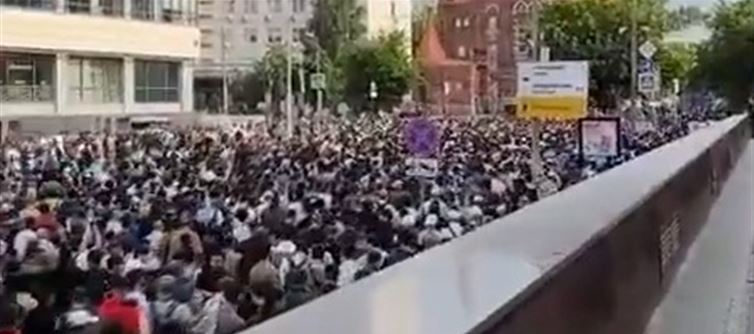
The chants of “Allahu Akbar,” which translates to “God is Greatest,” are a traditional part of Islamic worship and celebratory prayer, especially during major religious festivals like Eid. However, in non-Muslim majority countries—particularly those with tense histories regarding religious minorities—such large-scale gatherings can evoke mixed reactions. For many Muslims, this public expression is a peaceful affirmation of faith and community solidarity. Yet for others, especially outside observers unfamiliar with the context, the sheer scale and religious vocalization can be perceived as assertive or even unsettling, often due to misconceptions or media portrayals linking Islamic phrases with extremism.
Russian authorities typically allow large public religious gatherings for Muslim holidays, though they maintain a strong hand in monitoring and controlling religious expression to prevent unrest or politicization. The 400,000-strong Eid prayer in moscow was conducted under heavy security and largely without incident, indicating both the government's tolerance of religious practice and its desire to manage it carefully within a multi-ethnic society. The event highlights Russia’s complex relationship with its Muslim population—balancing recognition of religious rights with concerns over integration, nationalism, and social cohesion in a country with diverse and sometimes conflicting identities.




 click and follow Indiaherald WhatsApp channel
click and follow Indiaherald WhatsApp channel